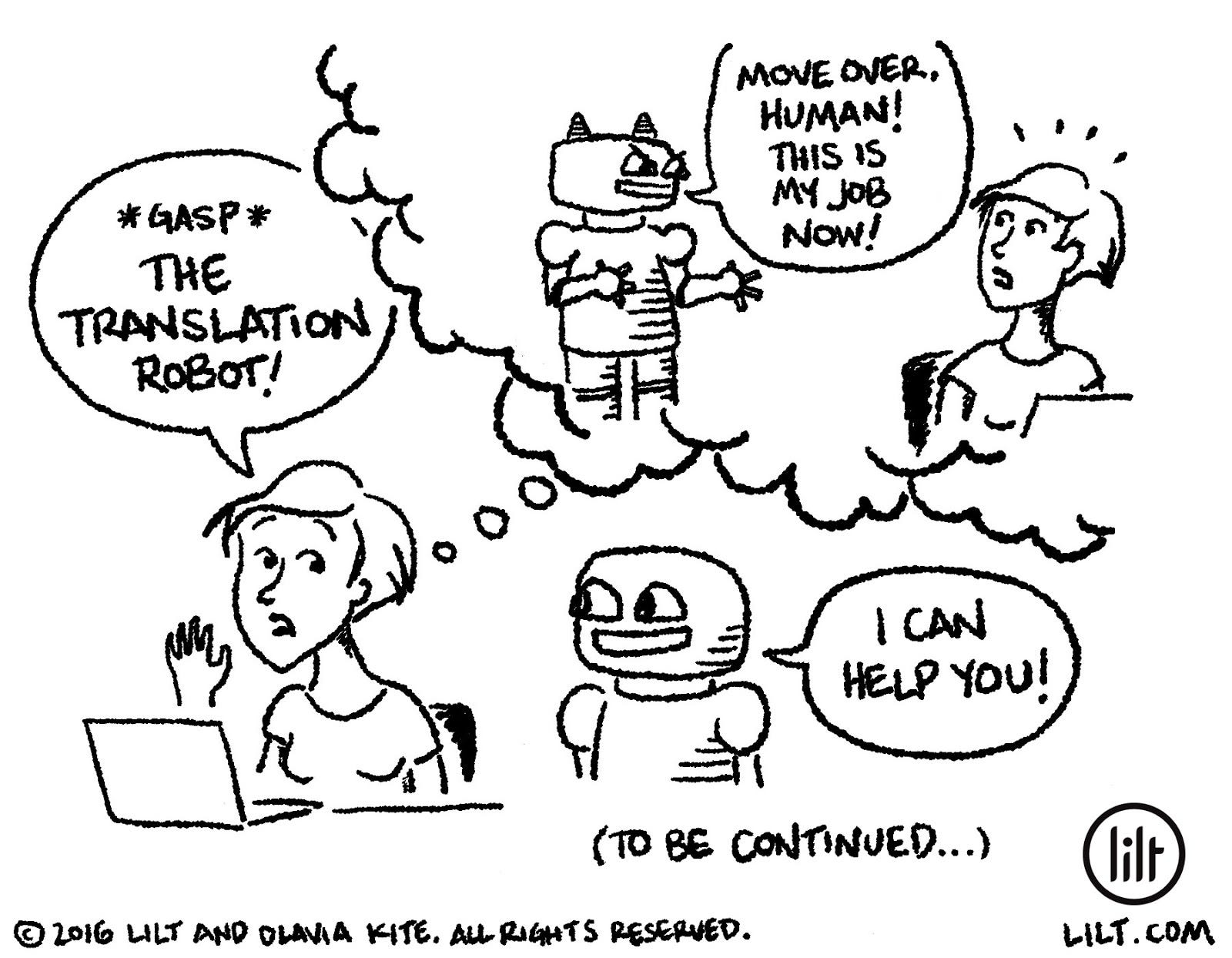Once Viewed As a Threat, AI Technology Will Benefit Translation Community

AI Emerging in the Localization Industry
For over a decade, the linguist community has seen their livelihoods squeezed by market forces. Owing to steadily declining pay rates driven by price averse buyers alongside stagnant technology development, translators have primarily borne the brunt of this impact. Adding further fear into the mix has been the looming yet vague prospect of AI, leaving the localization industry collectively wondering how this technology would be applied and what implications it has in store for translators.
Fueled by the emergent ChatGPT phenomenon, AI technology has now burst into mainstream consciousness. Powered by a vast machine learning model, the application has captured the wider imagination with its ability to generate detailed and instantaneous answers to complex questions across a vast array of subject matters. No longer a source of ridicule, the state of machine-derived translation demonstrated by ChatGPT has progressed to a point of triggering existential questions around the future viability of the linguist profession.
In the wake of this global demonstration of AI technology prowess, lingering anxieties around implications for the translation profession have gained newfound immediacy in the linguist community. Will my job be replaced by a machine? If machine translation is producing accurate and error-free translations across a wide array of subject matters, what viable paths will remain for linguists to sustain their livelihoods in the years to come?
Lilt’s Vision and the Promise of AI for Translators
Built upon a foundation of Contextual AI, Lilt offers a clear and distinct vision for how linguists and AI can thrive together. By combining the essential subject matter expertise and creativity of linguists with unrivaled In-Context Learning (ICL), Lilt provides an offering of unparalleled benefit to linguists and customers alike. Relying on the heavy lifting of AI technology to produce the core language syntax, Lilt’s translators commonly exceed translation speeds of more than 3-4 times typical industry standards.. This frees translators to apply the finer linguistic and subject matter expertise that adds value for customers and remains beyond the capability of AI machine learning.
There is no question that AI technology will soon drastically and permanently alter the way translators work. Yet what is certain is that human translation will remain both essential to humanity and in growing demand for content creators worldwide. As AI technology adoption expands worldwide, the increases in speed observed today enabled by Lilt’s Contextual AI Engine will be similarly observed among content creators that require localization, increasing the volume of work for translation.
The old notion that AI is a threat to translator livelihoods can be rightly and rationally dismissed. To the contrary, Lilt’s essential proposition to linguists is not only to restore lost control of their livelihoods, but to offer a clear path forward in which their subject matter expertise and linguistic ingenuity become their principal and indispensable sources of trade value. To fulfill this promise, linguists must adapt and invest in learning to work most effectively in synchronization with AI technology. Doing so will ensure the linguist community retains a seat at the table for years to come.
%20(7).jpg?width=528&height=118&name=Lilt-AI%20Email%20Signature%20(Dark)%20(7).jpg)


